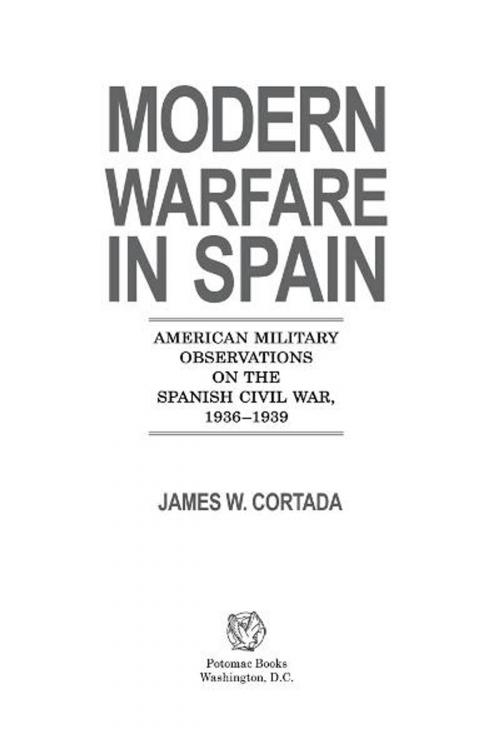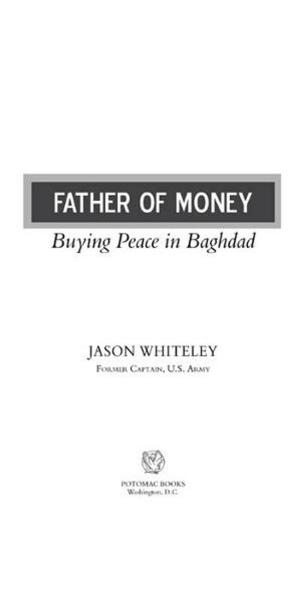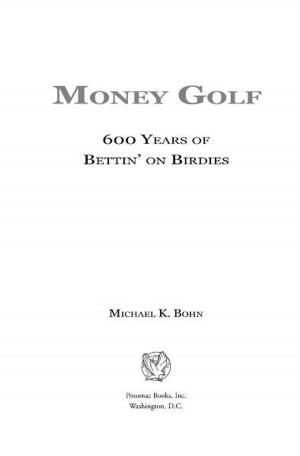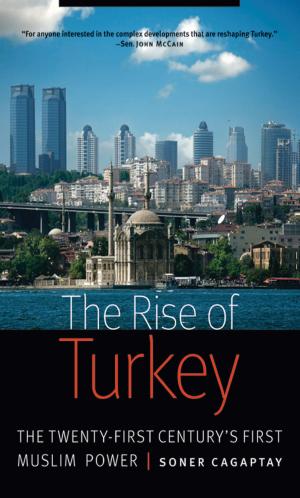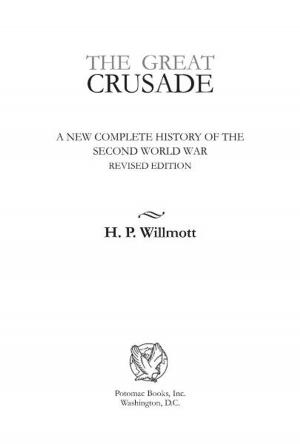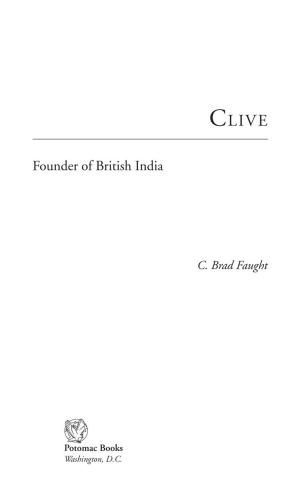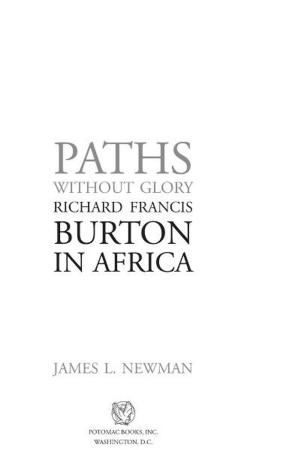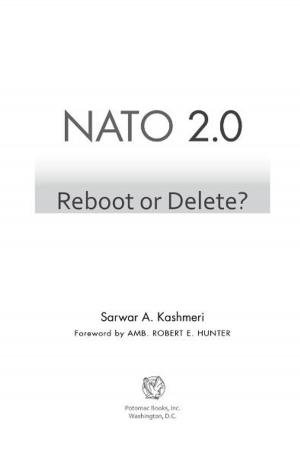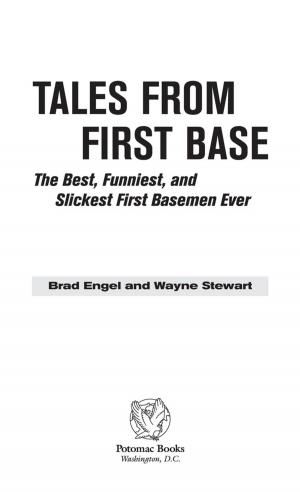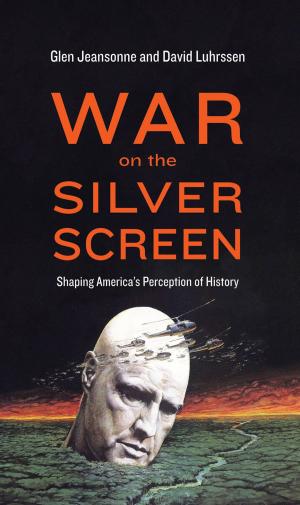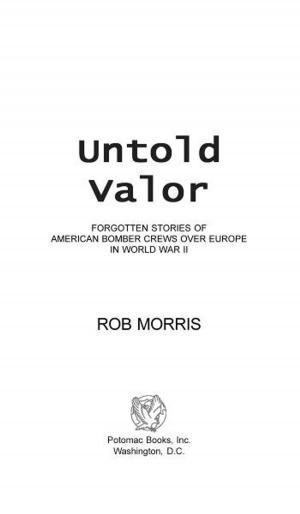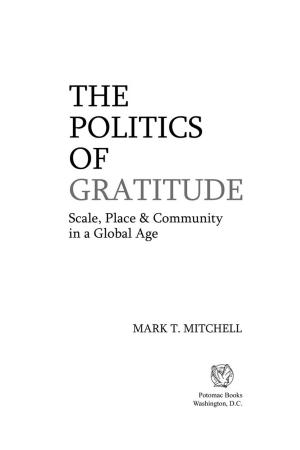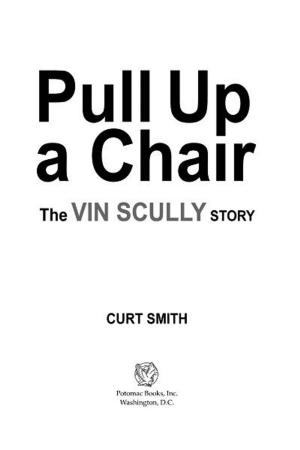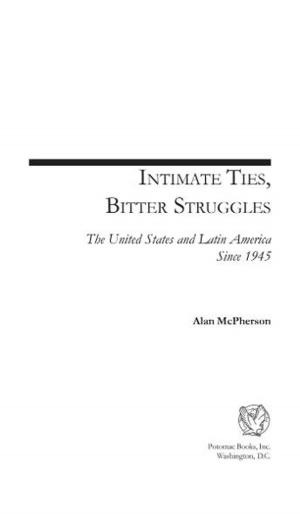| Author: | James W. Cortada | ISBN: | 9781612341019 |
| Publisher: | Potomac Books Inc. | Publication: | November 30, 2011 |
| Imprint: | Potomac Books Inc. | Language: | English |
| Author: | James W. Cortada |
| ISBN: | 9781612341019 |
| Publisher: | Potomac Books Inc. |
| Publication: | November 30, 2011 |
| Imprint: | Potomac Books Inc. |
| Language: | English |
During the Spanish Civil War, foreign military officers wrote highly elaborate reports of their experiences at the front. One was attaché Col. Stephen O. Fuqua of the U.S. Army, who had once held the rank of major general. His presence was highly unusual, for most military observers were less-experienced captains, majors, and lieutenant colonels.
Fuquas reports contained important observations about Spanish armament and troop movements, and he managed to acquire Nationalist propaganda and information despite being situated entirely within Republican military lines. His reporting was considered so valuable that during World War II, Fuqua was tapped to be Times military commentator.
Editor James W. Cortada brings Fuquasand othersinsightful observations to light. The result is a volume of such immediacy that the reader feels transported to a time of great historical uncertainty amid the twentieth centurys great dress rehearsal for fascism and the conflagration of World War II.
Fuquas reports contained important observations about Spanish armament and troop movements, and he managed to acquire Nationalist propaganda and information despite being situated entirely within Republican military lines. His reporting was considered so valuable that during World War II, Fuqua was tapped to be Times military commentator.
Editor James W. Cortada brings Fuquasand othersinsightful observations to light. The result is a volume of such immediacy that the reader feels transported to a time of great historical uncertainty amid the twentieth centurys great dress rehearsal for fascism and the conflagration of World War II.
During the Spanish Civil War, foreign military officers wrote highly elaborate reports of their experiences at the front. One was attaché Col. Stephen O. Fuqua of the U.S. Army, who had once held the rank of major general. His presence was highly unusual, for most military observers were less-experienced captains, majors, and lieutenant colonels.
Fuquas reports contained important observations about Spanish armament and troop movements, and he managed to acquire Nationalist propaganda and information despite being situated entirely within Republican military lines. His reporting was considered so valuable that during World War II, Fuqua was tapped to be Times military commentator.
Editor James W. Cortada brings Fuquasand othersinsightful observations to light. The result is a volume of such immediacy that the reader feels transported to a time of great historical uncertainty amid the twentieth centurys great dress rehearsal for fascism and the conflagration of World War II.
Fuquas reports contained important observations about Spanish armament and troop movements, and he managed to acquire Nationalist propaganda and information despite being situated entirely within Republican military lines. His reporting was considered so valuable that during World War II, Fuqua was tapped to be Times military commentator.
Editor James W. Cortada brings Fuquasand othersinsightful observations to light. The result is a volume of such immediacy that the reader feels transported to a time of great historical uncertainty amid the twentieth centurys great dress rehearsal for fascism and the conflagration of World War II.
